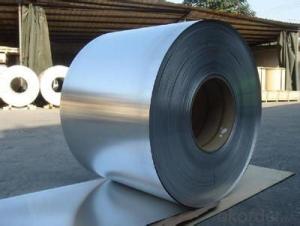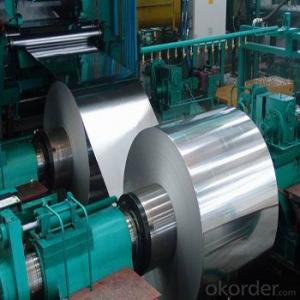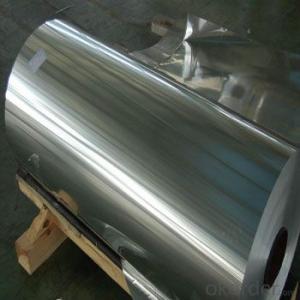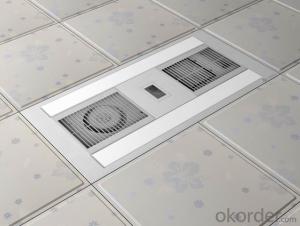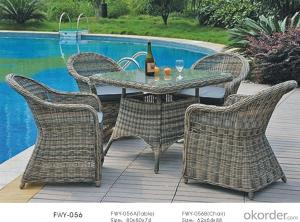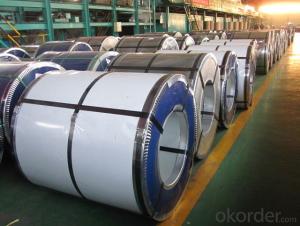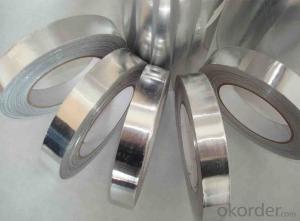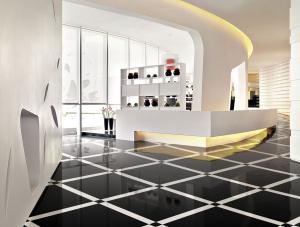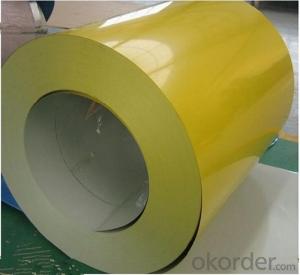Pure Aluminum Coil
Pure Aluminum Coil Related Searches
Led Light Bulbs For Ceiling Fixtures Led Lamps For Ceiling 42 In Ceiling Fan With Light Aluminum Coil Stock For Gutters Aluminum Foil For The Grill Hole Saw For Aluminum Plate Aluminum Tread Plate For Trailer Bow Plate For Aluminum Boat Aluminum Foil For Grow Room Aluminum Foil For Joint PainHot Searches
Stock Price For Aluminum Aluminum Coil Stock For Sale Aluminum Gutter Coil For Sale Used Aluminum Scaffolding For Sale 1/4 Aluminum Plate For Sale Aluminum Bar Stock For Sale Aluminum Round Stock For Sale Aluminum Diamond Plate For Sale Aluminum Scaffolding For Sale Craigslist 6061 Aluminum Plate For Sale Aluminum Dock Plate For Sale 7075 Aluminum Plate For Sale Aluminum Tread Plate For Sale Aluminum Checker Plate For Sale Aluminum Plate For Sale Near Me Plate Aluminum For Sale Aluminum Plate For Sale Aluminum Square Stock For Sale Aluminum Flat Stock For Sale Billet Aluminum Stock For SalePure Aluminum Coil Supplier & Manufacturer from China
Okorder.com is a professional Pure Aluminum Coil supplier & manufacturer, offers integrated one-stop services including real-time quoting and online cargo tracking. We are funded by CNBM Group, a Fortune 500 enterprise and the largest Pure Aluminum Coil firm in China.Hot Products
FAQ
- The maximum temperature that aluminum coils can withstand typically ranges from 300 to 500 degrees Fahrenheit, depending on the specific alloy and application.
- Yes, aluminum coils can be used for radiation shielding. Aluminum is often used as a shielding material due to its high atomic number and excellent attenuation properties, which effectively block and absorb radiation. It is commonly used in various industries, including medical, nuclear, and aerospace, for shielding against different types of radiation such as X-rays and gamma rays.
- Yes, aluminum coils can be used for food processing conveyor systems. Aluminum is a durable and lightweight material that is resistant to corrosion, making it suitable for food processing environments. Additionally, aluminum is non-toxic and does not react with food, ensuring the safety and quality of the processed products.
- Yes, aluminum coils can be used in the production of architectural panels. Aluminum is a versatile material that is widely used in the construction industry due to its lightweight, durability, and corrosion resistance. Aluminum coils, which are typically made by rolling aluminum ingots into thin, flat sheets, provide a convenient and efficient way to produce architectural panels. Architectural panels, such as aluminum composite panels (ACP) or solid aluminum panels, are commonly used as cladding systems for buildings. These panels serve both functional and aesthetic purposes, providing weather protection, insulation, and enhancing the overall appearance of the structure. Aluminum coils are used in the production of architectural panels because they can be easily formed and shaped into various panel designs, such as flat sheets, corrugated panels, or custom profiles. The coils can be cut to size and then processed through various techniques, including bending, folding, punching, or welding, to create the desired panel shape and dimensions. Furthermore, aluminum coils offer a wide range of finishing options, such as anodizing, powder coating, or painting, which allows for customization and enhances the aesthetic appeal of architectural panels. These finishes not only provide color options but also improve the durability and weather resistance of the panels. In summary, aluminum coils are suitable for the production of architectural panels due to their versatility, durability, and aesthetic options. Their use in the construction industry has become increasingly popular, as they offer a cost-effective and efficient solution for creating high-quality panels that meet the functional and design requirements of modern architecture.
- To ensure the quality and performance of aluminum coils, various methods are employed to test their surface adhesion. Among these methods is the tape test, where a piece of adhesive tape is firmly applied to the coil's surface and swiftly removed. The amount of coating or paint that comes off with the tape is then evaluated to gauge the adhesion. If excessive coating is removed, it indicates poor surface adhesion. Another approach involves the use of a cross-cut or knife test, whereby a grid pattern is carved into the coil's surface using a sharp blade. The grid is subsequently covered with adhesive tape and swiftly removed. The adhesion is assessed by examining the extent to which the coating or paint is removed from the cut lines. If there is minimal or no removal of the coating, it suggests good surface adhesion. Moreover, the pull-off adhesion test is frequently conducted using specialized equipment. This test entails affixing a device to the coil's surface and applying gradually increasing force until the coating or paint begins to detach. The force required to cause detachment is measured, providing a quantitative measure of the surface adhesion strength. In summary, these testing methods play a crucial role in enabling manufacturers to evaluate the surface adhesion of aluminum coils and ensure compliance with the necessary standards in various industries, such as automotive, aerospace, and construction.
- Indeed, solar panel applications can make use of aluminum coils. Aluminum, a lightweight and robust substance, finds widespread use across diverse industries, including the solar panel industry. The base material for solar panels often consists of aluminum coils owing to their corrosion resistance, exceptional thermal conductivity, and excellent electrical conductivity. These attributes render aluminum coils ideal for efficiently transmitting heat and electricity within solar panels, thereby guaranteeing optimal performance and efficiency. Additionally, aluminum stands as a highly sustainable material, as it can be readily recycled, making it an environmentally conscious option for solar panel applications.
- Yes, aluminum coils can be custom-made to specific requirements. Aluminum coils are versatile and can be tailored to meet a wide range of specifications and applications. Manufacturers can customize the dimensions, thickness, width, and length of the coil to accommodate specific requirements. Additionally, various surface finishes, such as embossed patterns or coatings, can be applied to enhance the appearance or improve functionality. Customization of aluminum coils allows for precise matching of specific needs in industries such as construction, transportation, aerospace, and many others.
- I think the use of aluminum, at the lower levels, has really hurt US born players. To give a kid a piece of metal, and expect him to use wood when drafted........ I think US should go back to wood, whatever the costs (I know the aluminum is far cheaper). Thoughts....Cheers.
- when the ball is hit with a metal bat versus a wooden bat the speed of the baseball is higher off the metal bat. The ball has been shown to travel farther when using a robot batter to get the same bat speed every time with the metal bat
















